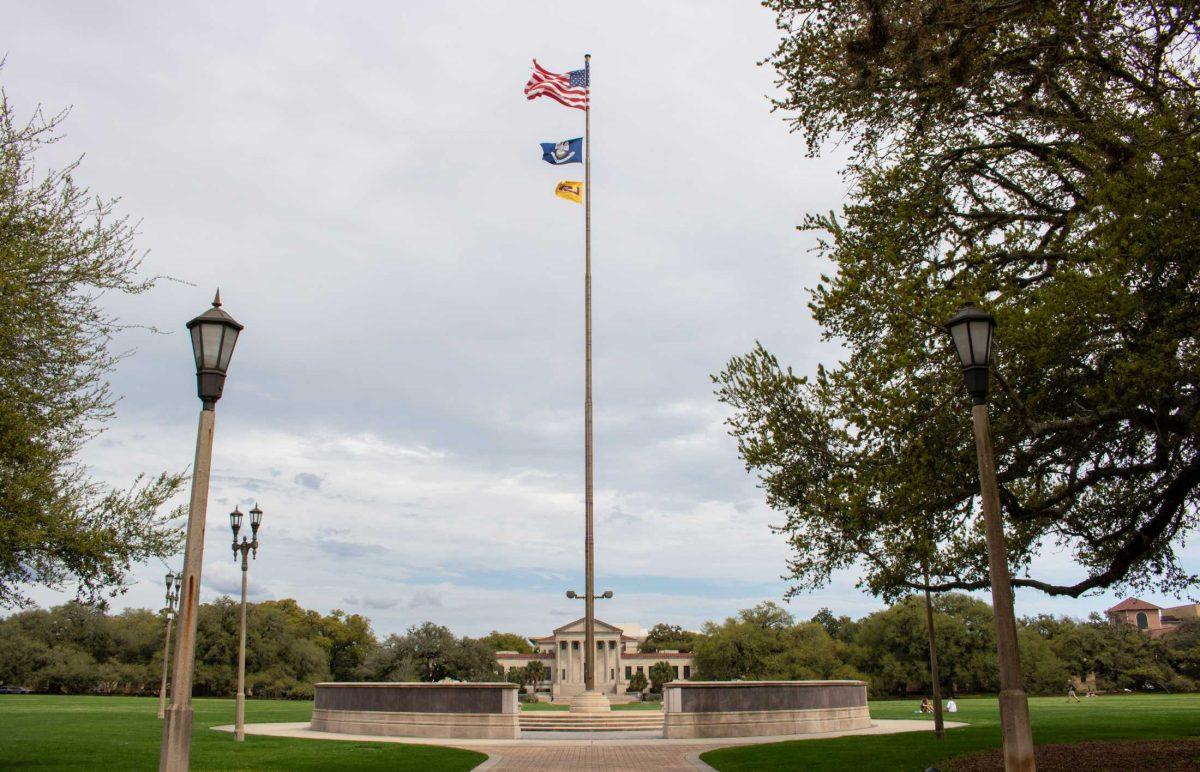Last month, I was perusing my daily intake of The New York Times when I saw the news of Karolina Shiino winning the Miss Nippon contest, a Japanese beauty pageant. But Shiino’s not your average Miss Nippon.
As a child, Shiino immigrated to Japan from Ukraine. She’s lived in Nagoya, Japan, since she was 5 and speaks fluent Japanese.
Although some supported her candidacy, her win sparked a backlash among Japanese netizens concerned with how Shiino fits for Japanese beauty standards.
Japanese historian Hiroe Yamashita posted on X, “Racial discrimination is absolutely unacceptable but if the Miss Nippon contest is based on the concept of beauty, I personally wish that it would be based on standards of Japanese beauty. With Karolina Shiino’s appearance, an (ethnically) Japanese girl has no chance of winning under the modern values of beauty.”
Perhaps the netizens are right. Female Asian beauty standards, in my honest opinion, are too Eurocentric. Pale skin and huge eyes are impossible to attain for the average Asian woman, and the beauty industry preys on their insecurity.
Although the American cosmetic industry is the most dominant, China, Japan and South Korea occupied third, fourth and fifth place, respectively, for the most cosmetic procedures performed in the world in 2021, according to the International Society of Aesthetic Plastic Surgery.
Every time I go back to my homeland, the Philippines, it’s impossible not to see skin-whitening product ads and hear relatives commenting on “how dark you look” or how you “should not spend too much time in the sun.”
Ultimately, I don’t think that Shiino should be a victim of long-standing Japanese (and ultimately, Asian) toxicity regarding beauty. She did her job to assimilate into Japanese society, and she can’t change the fact that she was born a Ukrainian with features that appeal to the average Japanese person.
The uproar against Shiino reminded me of America’s struggle over how one can be considered “American” enough.
As an immigrant who spent most of his childhood in America, I’ve seen others take on the impossible task of becoming an “American,” and I’ve experienced others questioning my American identity, despite living as a citizen in the States for more than 15 years.
So what makes one an “American”?
Frankly, I’m still trying to figure out the answer, despite doing my best to assimilate into American society. I’ve lost the accent I carried fresh off the boat, and my friends and family can attest to how Americanized I’ve gotten over the years.
Yet I still get the occasional cliched retort when I say I’m from Alexandria, Louisiana: “Tell me where you’re really from,” or “You don’t look like you’re from there.”
Yes, I wasn’t born in the United States, and that could be a valid response to my misgivings about those cliche questions. But if you think I’m more Filipino than American, you’d be wrong.
I spent six years of my childhood as a Filipino but 15 years as an American. I know central Louisiana like the back of my hand. Do you think I know the streets of Manila better than the streets of Alexandria or Pineville?
If a person of another racial background said they’re from Alexandria, no one would bat an eye. Clearly, the problem of determining whether one is an American is ignorance at its best and crude racism at its worst.
As a child, I constantly overheard my parents and other immigrants struggling with ignorant remarks at their workplaces. I remember my mom being asked whether “orientals” like her pay their taxes and people saying she was taking jobs meant for “Americans.”
And when I was a tween, a family friend of mine who worked as a nurse was brought to tears after other nurses refused to work with her due to her heavy accent. She ended up moving to Pennsylvania because of it.
My parents’ reactions were disappointing. They’d always tell me we were never meant to be Americans and we’d always be Filipino because of these events.
But that reaction is counterproductive when immigrants like us have contributed countless hours to bettering our communities, left our families back home for America and made sacrifices so we could assimilate.
If I had an answer to what makes someone an American, it wouldn’t be birth, patriotism or the main language you speak. Jus sanguinis and jus soli (principles stating that nationality is determined by a child’s parents’ nationality or the child’s place of birth) may determine your citizenship but not whether you’re an “American.”
Should we consider Southern rebels, who descended from the first settlers in America and caused the deadliest war in American history to preserve the institution of slavery, more “American” than the Chinese immigrants who worked to build the Transcontinental Railroad, the Germans who built America’s beer industry and countless other immigrants who toiled tirelessly in unregulated and dangerous factories?
The question “What does it mean to be an American?” will always have different answers, and I still don’t have a definite one. But with the continued globalization of our world, it deserves more reflection and contemplation.
Nathaniel Dela Peña is a 21-year-old political science and history senior from Alexandria.





